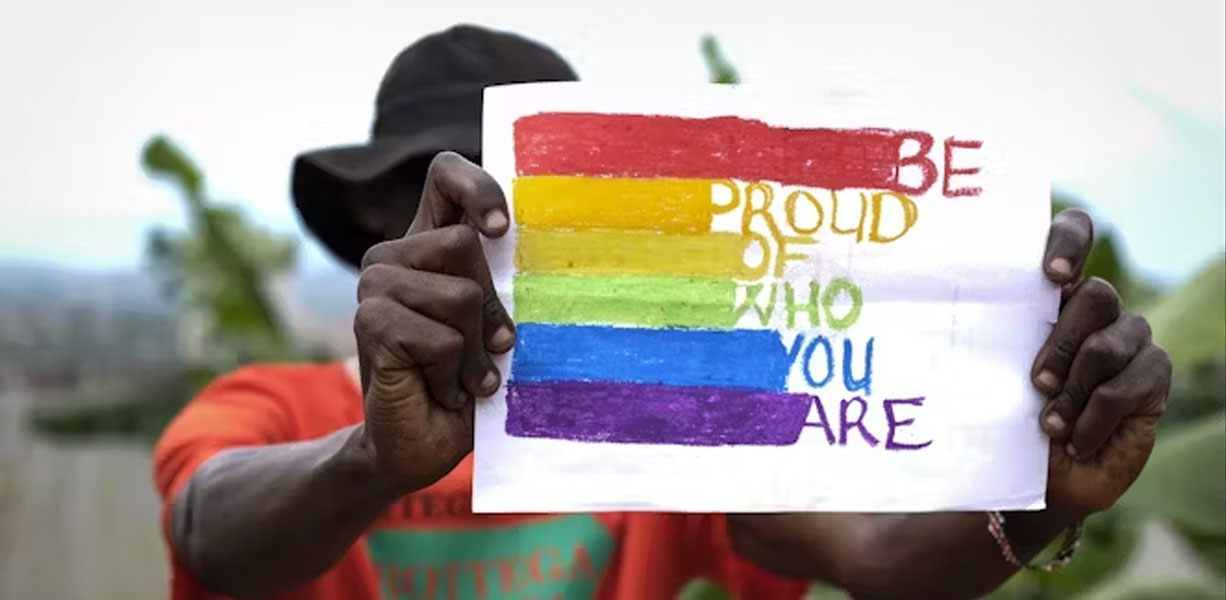The word “reparations” comes from the Latin verb reparāre, meaning “to repair.” However, nowadays, many people equate reparations with the payment of compensation or damages.
We need to understand and embrace the true meaning of the word and start to have genuine conversations about reparations for LGBTQ people — a group that has endured a long and painful history of persecution around the globe.
A brief history of gay persecution
Perhaps the most high-profile persecutions of gays were those perpetrated by the Nazis during the second world war. Thousands of gay men were sent to concentration camps where they were forced to wear a pink triangle and ultimately killed.
But the history of gay persecution predates the Holocaust, and has continued after the Nazi regime ended.
From the 12th century, gays in Christian Europe were castrated, decapitated, drowned in swamps and burned at the stake. And in modern times, the state-sanctioned killing of LGBTQ people continues in many countries, including Iran and Saudi Arabia.

Police scuffle with LGBTQ protesters at a rally against the arrest of an LGBTQ activist in Poland last year. Czarek Sokolowski/AP
There are still 71 countries that criminalise consensual gay sex — half of which are Commonwealth nations — but thankfully this number is going down.
What are gay reparations?
There are numerous forms that gay reparations can take. They often entail a formal government apology to the LGBTQ community for past wrongs and a promise to do better in the future.
They can also include memorialising the victims of state-sponsored repression of gays, as Germany did in 2008 when it unveiled a memorial to gay victims of the Holocaust.
#Memorial to persecuted #homosexual victims of #Nazis; #Berlin, #Germany. #LGBTIQ #equality #QueerBerlin #travel pic.twitter.com/2O6gaFectZ
— Dr Melanie O’Brien (@DrMelOB) July 24, 2016
Gay reparations often include pardons to those convicted of the “crime” of being gay.
In 2017, for instance, the UK issued posthumous pardons to thousands of gay and bisexual men convicted of “gross indecency” in the past, including Alan Turing, the mathematician who famously broke the Germans’ Enigma codes during the second world war. He committed suicide two years after he was convicted for “acts of gross indecency”, based on his relationship with Arnold Murray, and underwent chemical castration.
Occasionally, gay reparations can involve financial compensation for wages or pensions lost due to time spent in prison or a mental institution because of a homosexual offense. Such compensation has been available in Spain since 2009 and in Germany since 2016.
(This article was originally published on The Conversation. This article was written by Paula Gerber)











